Project funded by: IUCN Save Our Species and FONDATION SEGRÉ CONSERVATION ACTION FUND
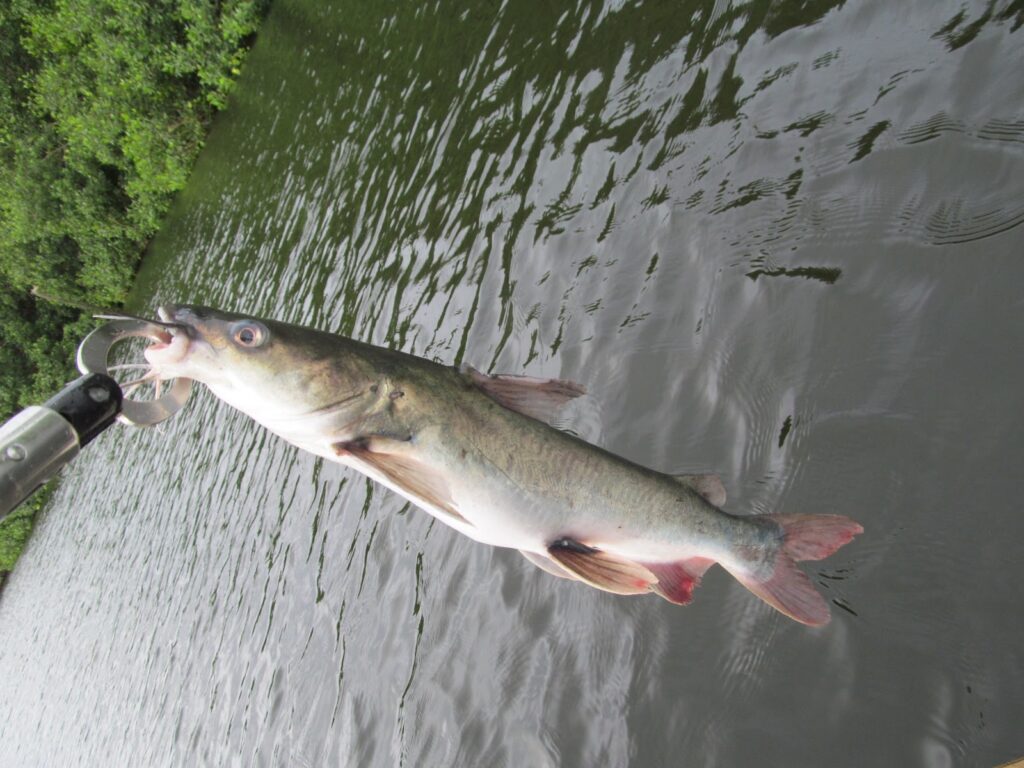
The Atrato River Basin, in the heart of the Colombian Andes, is home to a critically endangered species, the barbudo (Pimelodus grosskopfii). Facing illegal fishing, habitat destruction and species trade, the barbudo and its natural environment have been under increasing pressure, intensified by the effects of climate change and human activity. Since January 2024, the “Guardianes de los Siluriformes” project, led by Environmental Women Org with the support of IUCN Save Our Species and FONDATION SEGRÉ CONSERVATION ACTION FUND, has become a model of intervention in the region. Running for nine months until September 30, 2024, the project has made significant progress in conserving the Barbudo and protecting the region’s biodiversity, while supporting the Emberá indigenous community.
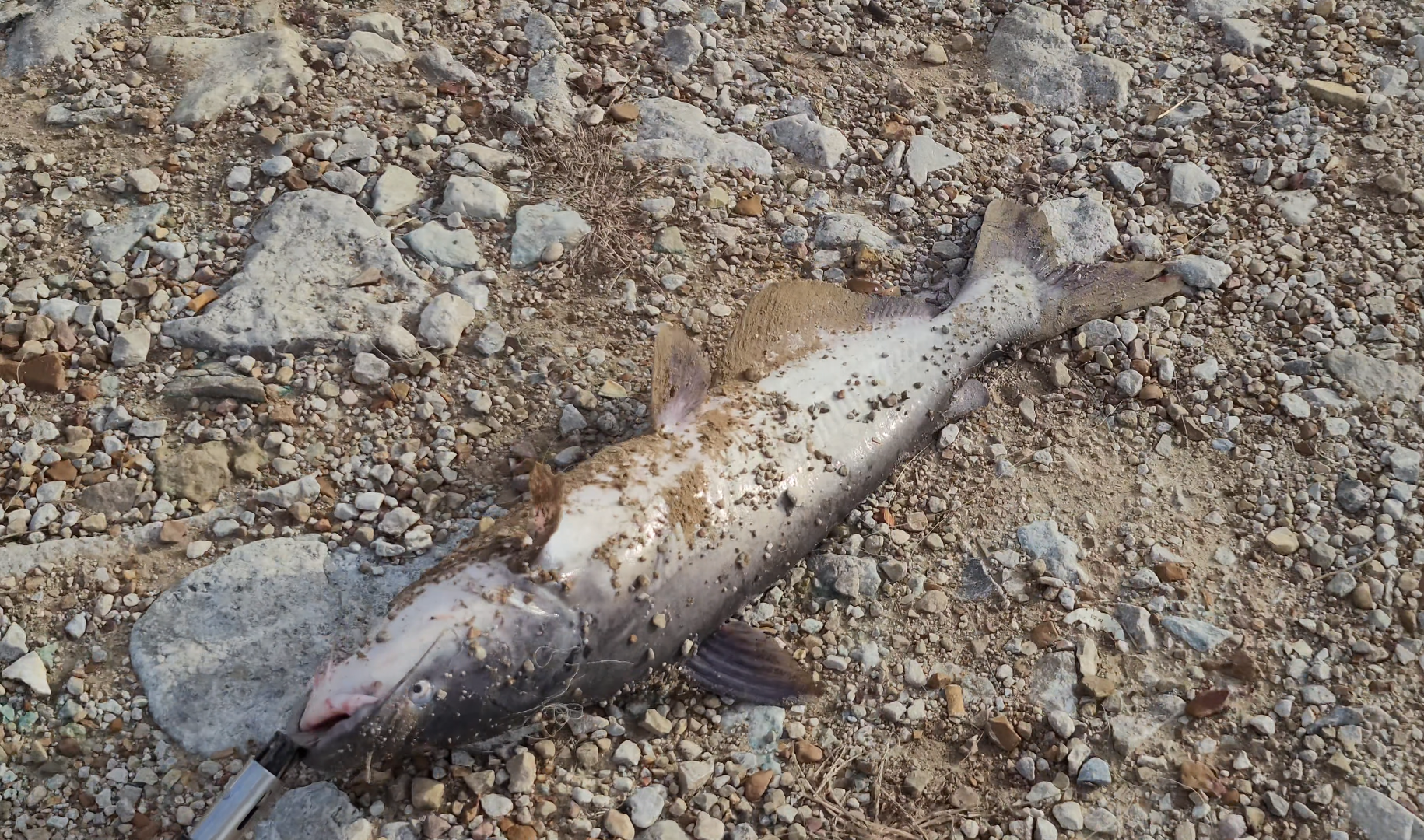
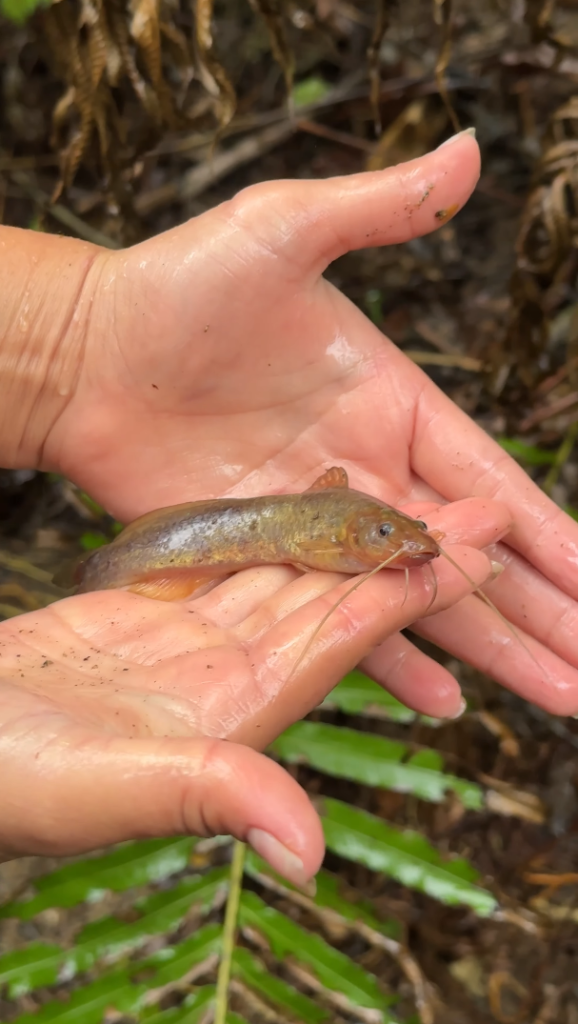
Persistent Threats to the Barbudo
Illegal, unregulated and unreported (IUU) fishing represents the main threat to the Barbudo. This practice has drastically reduced the species’ population, which was comprised of only 49 individuals at the start of the project. Habitat loss is also a major challenge, as critical areas for the Barbudo’s feeding and reproduction have been altered by deforestation and river basin degradation. In addition, illegal species trade continues to affect this and other species in the region, fueled by international demand, particularly from Asian markets.
Project Objectives and Activities
The project focuses on the creation of a 9,800-hectare Resource Management Zone (RMZ), free of IUU fishing, illegal trafficking and habitat destruction. Through a comprehensive conservation approach, the project has implemented a sustainable fisheries management plan involving 250 fishermen from the Emberá community, who now use digital fishing logbooks to monitor their activities and comply with the 80 anti-IUU regulations in place. A reforestation program of 5,000 trees in the Atrato River basin has also been initiated, as well as the training of 16 indigenous park rangers to patrol and monitor high-risk areas.
Impact on Local Communities
The project not only seeks to protect the Barbudo and its habitat, but also to benefit the Emberá community, who directly depend on the river and its resources. Through the delivery of 250 sustainable fishing kits and the creation of green micro-enterprises led by women, the project has fostered sustainable practices and strengthened the community’s economic independence. So far, 200 young people have been trained in sustainable fishing techniques, with a gender-equitable approach, allowing them to diversify their income while protecting their natural environment.
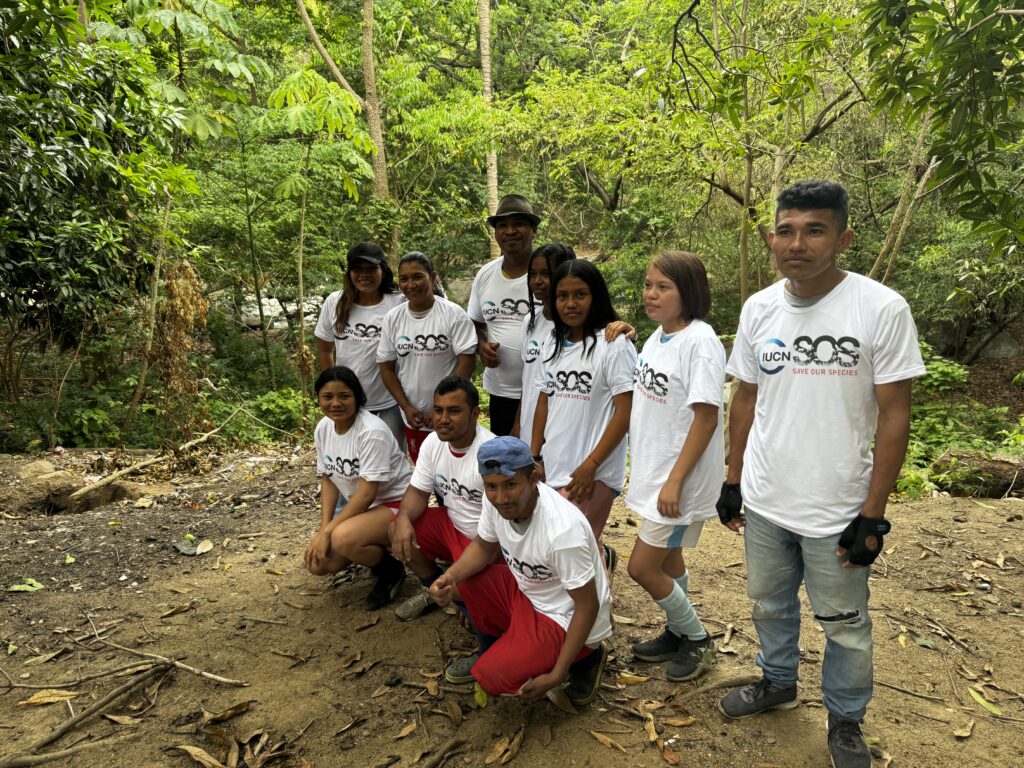
Results Achieved
Nine months into implementation, the results are remarkable: IUU fishing has decreased by 45% in the intervention area, while the Barbudo population has increased to 120 individuals, an increase of 145%. More than 3,000 hectares have been restored through reforestation and the implementation of an erosion monitoring system, which has reduced soil loss by 40%.
In addition, the community patrol of 16 park rangers has reduced illegal species trafficking by 40%, protecting not only the Barbudo, but also other vulnerable species in the basin.
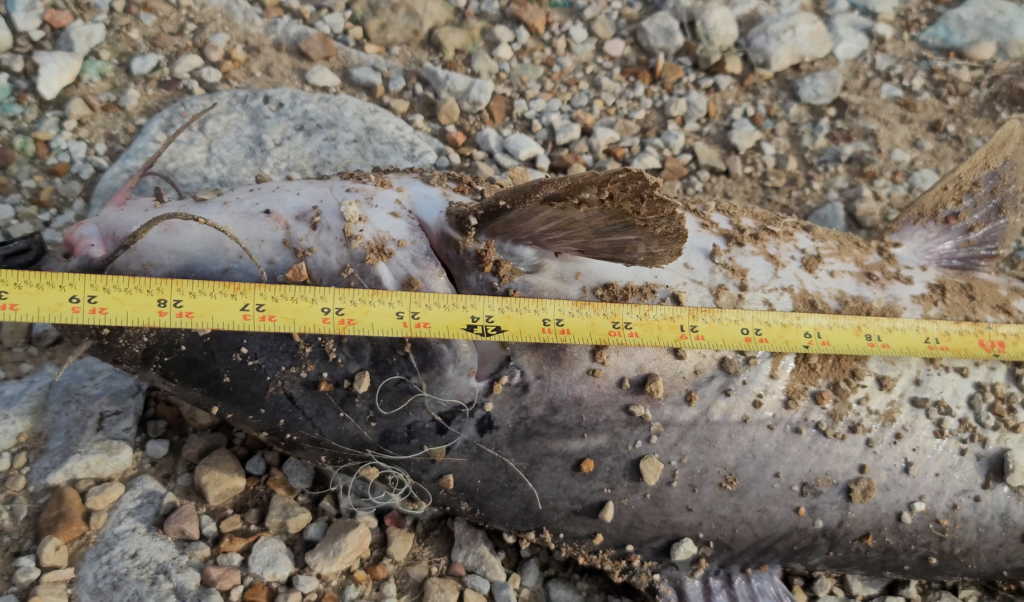
Contributions to National and Global Objectives
The “Guardians of the Siluriformes” project is aligned with the United Nations Sustainable Development Goals, contributing to Goal 14 (Life Below Water) and Goal 15 (Life on Land), by promoting ecosystem conservation and restoration practices in collaboration with local communities. Furthermore, by restoring the Atrato River basin and mitigating the effects of erosion, the project contributes to combating climate change (Goal 13). These efforts not only strengthen the resilience of the ecosystem, but also create a sustainable model of conservation and economic development for local communities.
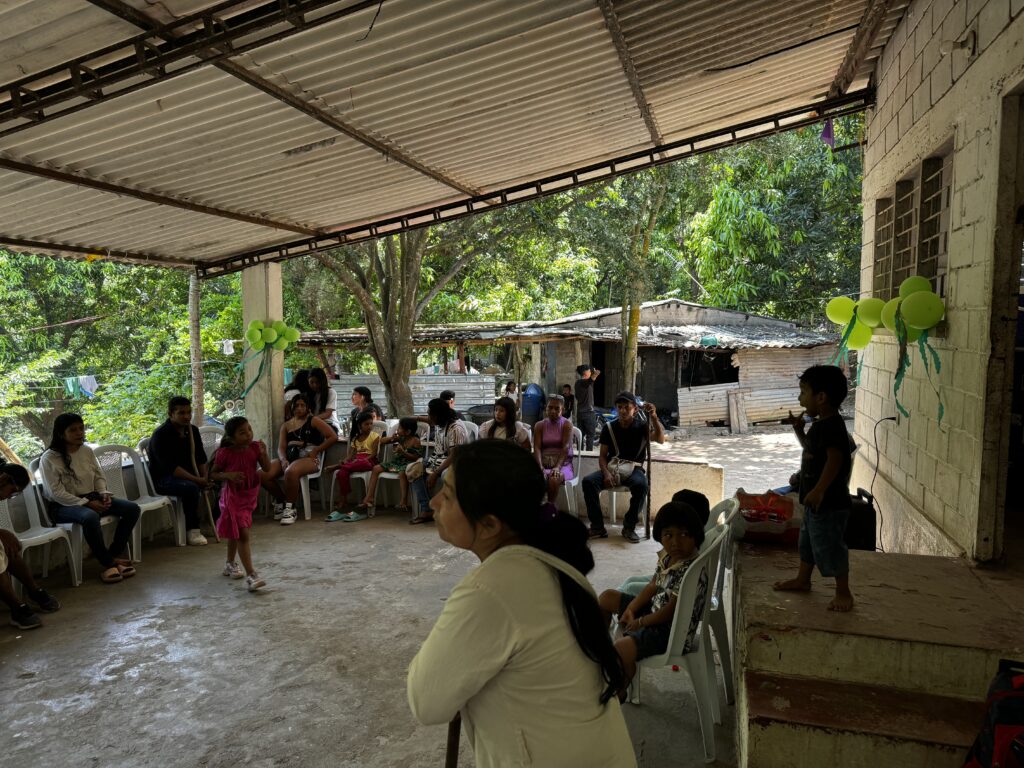
A Look to the Future
With the active participation of the Emberá community and the support of Environmental Women Org, the project is in a strong position to continue protecting the Barbudo and promoting the socioeconomic and environmental well-being of the region. In the coming months, the project team hopes to consolidate these achievements and expand monitoring and environmental education activities, in order to leave a lasting legacy of conservation in the Atrato basin.
This model of collaboration between indigenous communities, conservation organizations and international funds represents an innovative and effective strategy to face the challenges of conserving in sensitive regions. Guardians of the Siluriformes is demonstrating that with engagement and the integration of local knowledge, it is possible to restore biodiversity, protect habitats and build a sustainable future for generations to come.
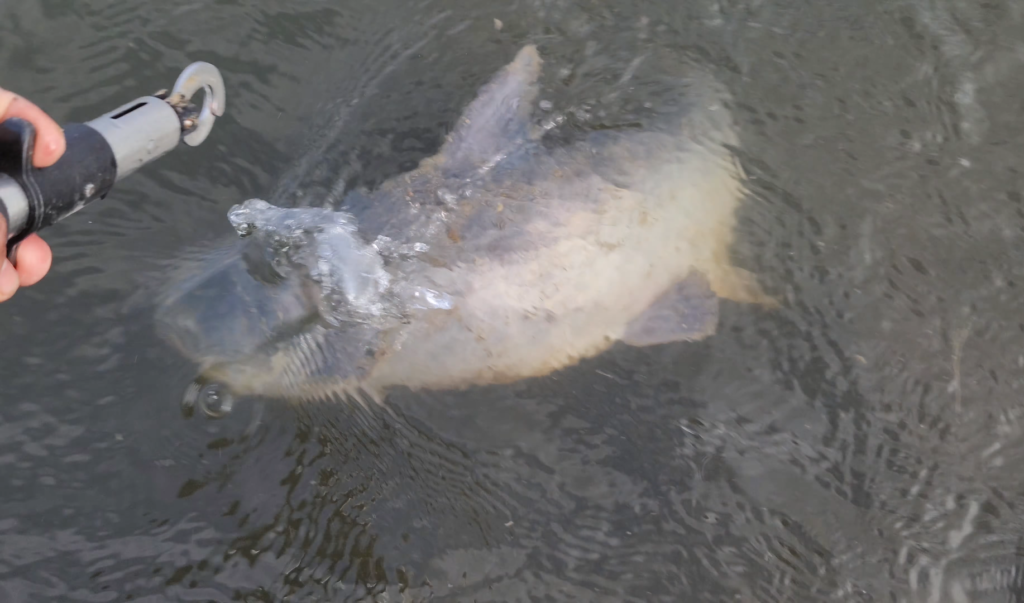
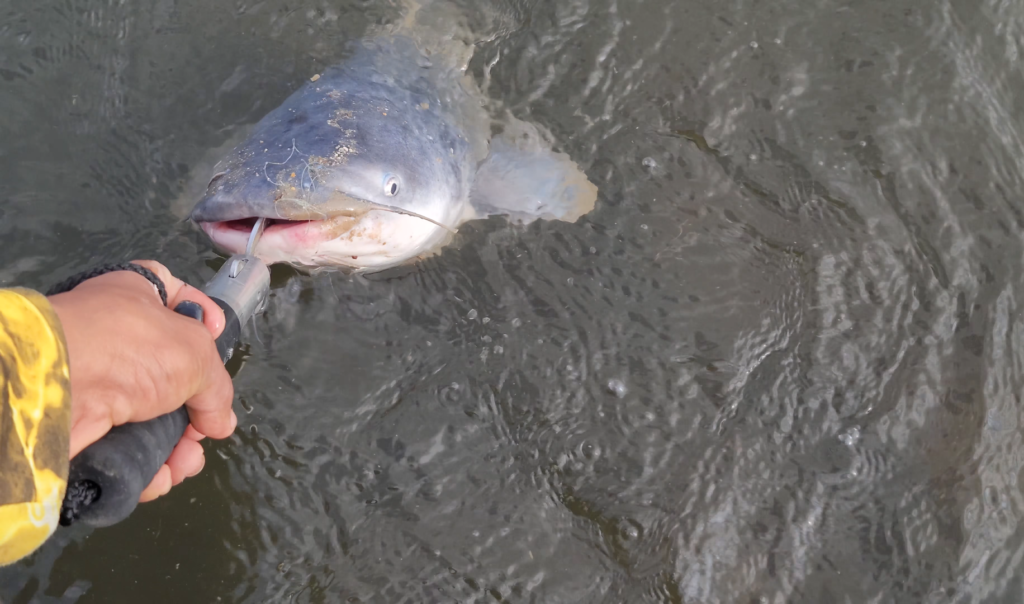

+ There are no comments
Add yours